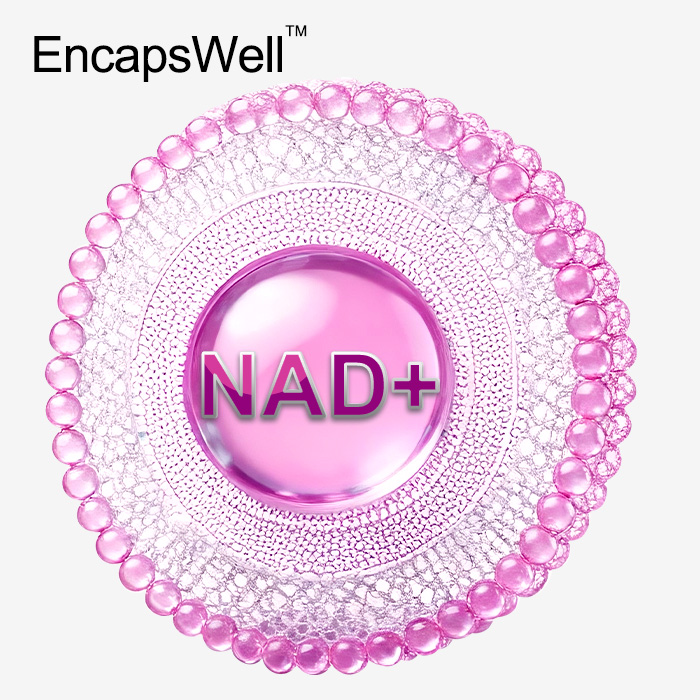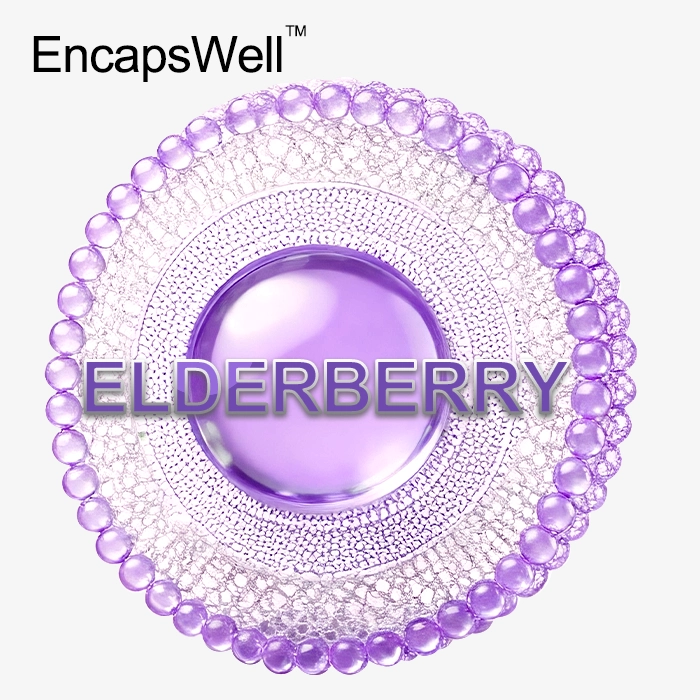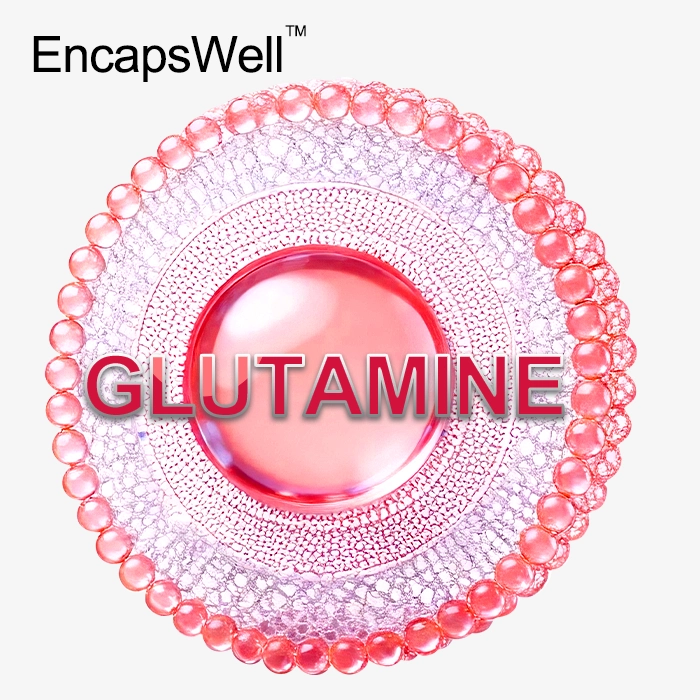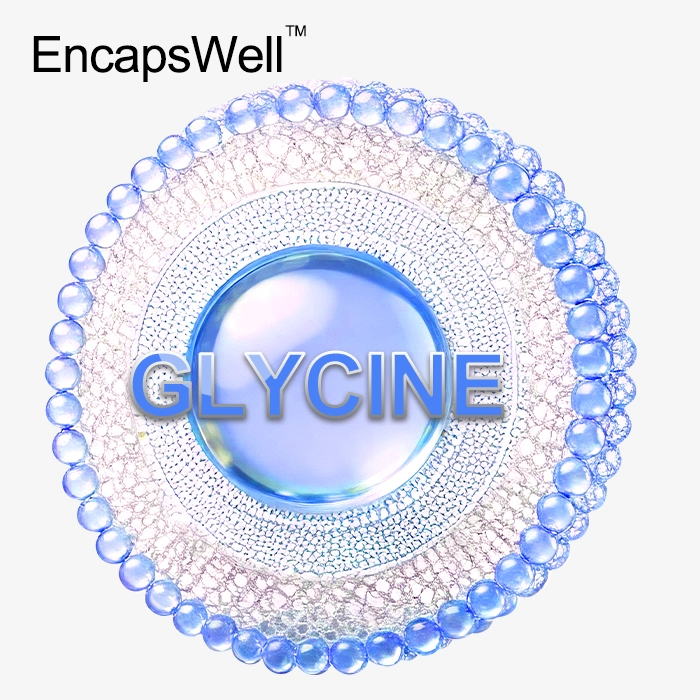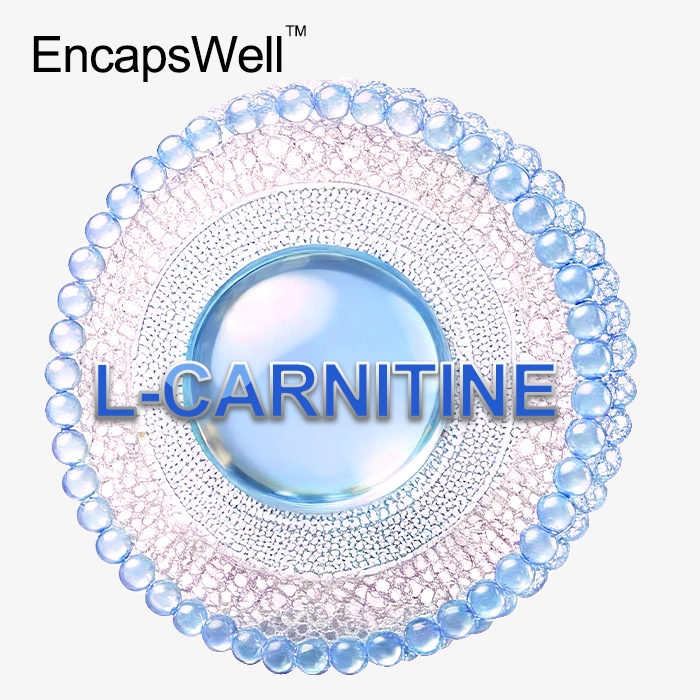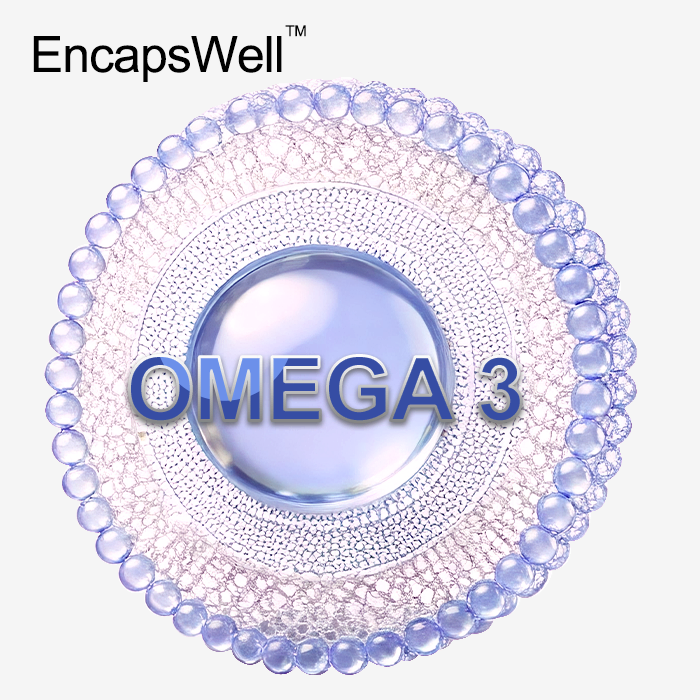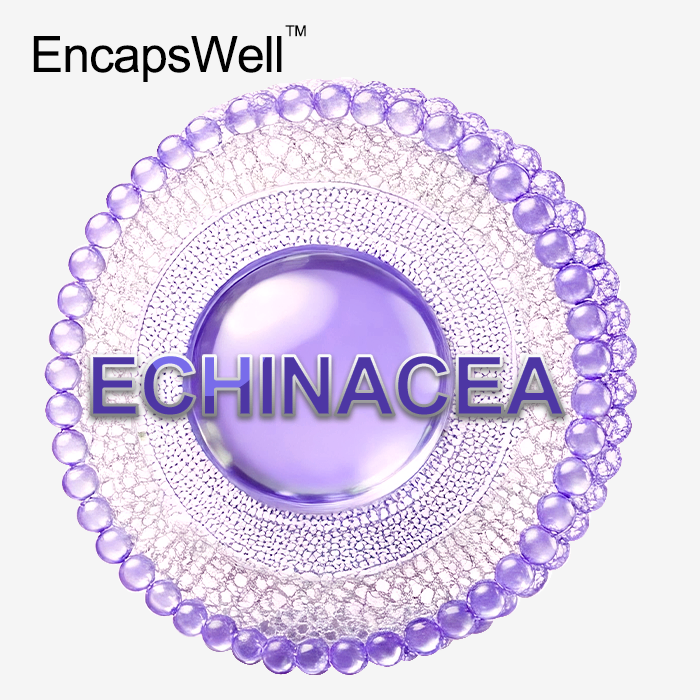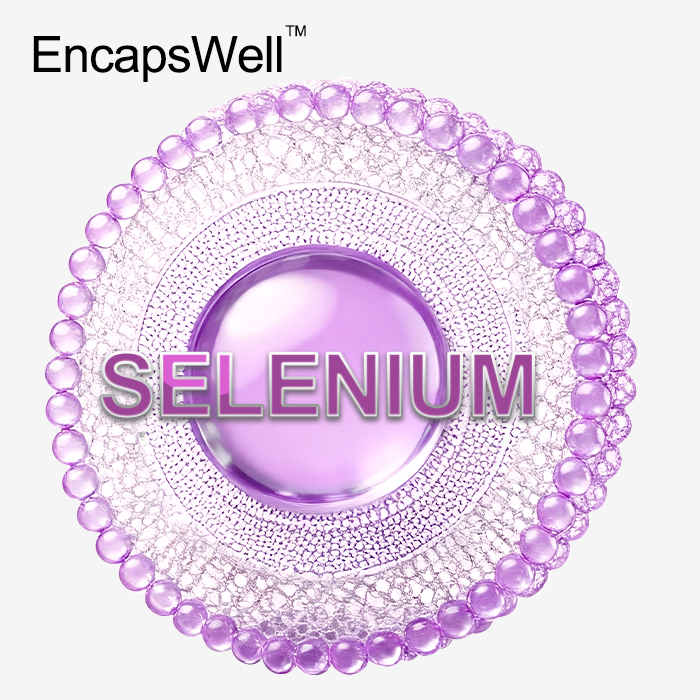Liposomal Vitamin C Powder for Cold and Flu Prevention
As the seasons change, so does the prevalence of colds and the flu, prompting a surge in consumer interest for effective immune support. A standout ingredient for prevention is Vitamin C, but not all forms are created equal. Using liposomal vitamin C powder offers a scientifically advanced method to bolster the body's defenses. This innovative approach encases Vitamin C in a microscopic lipid sphere, shielding it from degradation in the digestive system. This protection dramatically enhances absorption, delivering the nutrient directly to your cells where it is most needed. For individuals seeking to proactively manage their health during cold and flu season, a high-quality liposomal vitamin C supplement provides a powerful, gentle, and highly bioavailable solution to fortify their immune response.
The Science Behind Liposomal Vitamin C's Immune Support
The Absorption Challenge with Conventional Vitamin C
Standard Vitamin C, or ascorbic acid, relies on specific protein transporters in the small intestine to be absorbed into the bloodstream. When you take higher doses, these transporters become saturated, and any excess Vitamin C is simply excreted, often leading to digestive discomfort. This saturation point means that even with large oral doses of conventional Vitamin C, there is a ceiling to how much your body can actually use. For immune fortification, where consistent and adequate cellular levels are crucial, this limitation presents a significant hurdle. The body’s demand for Vitamin C escalates during times of physiological stress, such as an impending viral infection, making efficient absorption more important than ever.
The Liposomal Delivery Advantage
A liposomal vitamin C formulation overcomes these absorption barriers. Liposomes are nano-sized vesicles made from phospholipids, the same materials that compose human cell membranes. During the encapsulation process, Vitamin C is enveloped within this protective phospholipid bilayer. When you ingest a liposomal vitamin C powder, these tiny spheres bypass the restrictive transport channels used by conventional Vitamin C. Instead, they can fuse directly with intestinal cells, facilitating a more passive and efficient absorption of their contents into the bloodstream. This method increases bioavailability by several fold, ensuring a much greater quantity of Vitamin C reaches your cells to support vital functions, including the production and activity of immune cells like lymphocytes and phagocytes.
Enhanced Impact on Immune Cell Function
Once in the bloodstream, the liposomal structure continues to offer benefits. It protects the Vitamin C from premature oxidation and delivers it intact to various tissues and cells throughout the body. Immune cells have a particularly high requirement for Vitamin C to function optimally. The nutrient acts as a powerful antioxidant, protecting these cells from damage caused by the free radicals generated during an immune response. It also enhances the proliferation and function of T-cells and B-cells, which are essential for fighting off pathogens. By delivering a more substantial and sustained dose of Vitamin C directly to these critical cells, liposomal encapsulation provides the robust support needed to maintain a resilient immune system prepared to counter colds and flu.
Integrating Liposomal Vitamin C into Your Product Line
Unmatched Versatility Across Product Formats
The physical properties of a high-quality liposomal vitamin C powder make it remarkably adaptable. Its excellent flowability and dispersibility allow for seamless integration into diverse delivery systems. Brands can confidently develop products ranging from convenient single-serving powder sachets and bulk powders to sophisticated liquid shots and functional beverages. It can also be efficiently encapsulated into capsules or tablets. This versatility empowers brands to cater to different consumer preferences, whether they prioritize the convenience of a ready-to-drink format or the precision dosing of a capsule. The compatibility extends to complex formulations, allowing it to be combined with other synergistic nutrients without compromising the integrity of the final product.
Superior Stability and Extended Shelf Life
One of the significant drawbacks of traditional ascorbic acid is its instability. It is highly susceptible to degradation from oxygen, light, and heat, which can diminish its potency over time and shorten a product's shelf life. The liposomal encapsulation technology provides a robust solution to this problem. The phospholipid bilayer acts as a formidable shield, protecting the fragile Vitamin C core from oxidative and environmental stressors. This protective barrier ensures the nutrient remains stable and potent from the moment of manufacturing to the point of consumption. For brands, this translates to a more reliable product with a longer shelf life, reducing waste and ensuring customers receive the full promised benefit.
A Gentle and Palatable Consumer Experience
A frequent complaint associated with high-dose conventional Vitamin C is gastric irritation due to its acidic nature. This can be a significant barrier for consumers with sensitive digestive systems or those requiring long-term supplementation. Liposomal formulations are typically buffered and non-acidic, making them exceptionally gentle on the stomach. The encapsulation also helps mask the naturally tart and acidic taste of Vitamin C, improving the overall sensory profile of the final product. This makes it far more palatable for use in beverages and powders, enhancing consumer compliance and satisfaction. Offering a supplement that is both effective and pleasant to take is a powerful differentiator that builds brand loyalty.
Trends Driving Demand for Liposomal Vitamin C
The Ascendancy of Science-Backed, High-Bioavailability Ingredients
Modern consumers are moving beyond generic ingredient claims and are actively seeking out products with demonstrable scientific validation. The concept of bioavailability has entered the mainstream consciousness, with people understanding that what you absorb is more important than what you ingest. A liposomal vitamin C supplement perfectly aligns with this trend. Its clinically supported mechanism for enhanced absorption resonates with individuals looking for tangible results and a better return on their wellness investment. The market is also seeing a surge in sophisticated combination products, where liposomal Vitamin C is paired with other high-value ingredients like Glutathione, Zinc, CoQ10, or NMN to create powerful, synergistic formulas that target multiple aspects of health.
The Shift Toward Convenient and Effective Formats
Lifestyle convenience is a major purchasing driver. While capsules and tablets remain popular, there is a fast-growing preference for alternative formats like powders and ready-to-drink beverages. These formats offer ease of use, flexible dosing, and a more enjoyable consumption experience. Liposomal vitamin C powder is ideally suited to capitalize on this trend, as it can be easily mixed into water, juice, or smoothies. This convenience factor makes it an attractive option for busy professionals, athletes, and families who want to integrate immune support seamlessly into their daily routines. Brands that offer these modern, user-friendly formats are better positioned to attract and retain a loyal customer base.
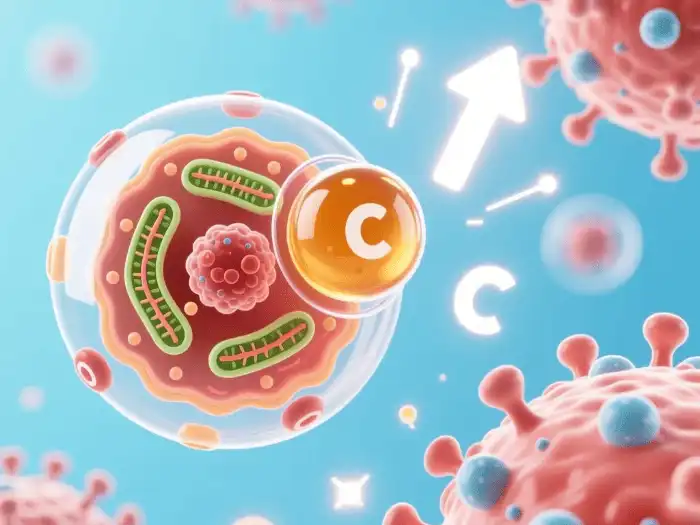
The Growing Importance of Clean Labels and Sustainability
The demand for transparency and clean-label products continues to intensify. Consumers are increasingly scrutinizing ingredient lists for artificial additives, common allergens, and GMOs. The source of ingredients is also a key consideration. In the liposomal space, this has led to a significant market shift from soy-based phospholipids to sunflower lecithin. Sunflower lecithin is an allergen-free, non-GMO alternative that aligns with the growing demand for vegan and plant-based supplements. By formulating with sunflower-derived liposomal Vitamin C, brands can meet these ethical and dietary preferences, broadening their appeal to a health-conscious and values-driven audience.
Conclusion
Fortifying the immune system against colds and flu demands an intelligent approach, and liposomal vitamin C powder represents the pinnacle of modern nutritional science. Its superior bioavailability ensures that the body receives a potent and usable dose of this essential antioxidant, directly supporting the cells that protect us from illness. Its gentle, non-acidic nature and formulation versatility make it an ideal ingredient for premium supplements. As market trends gravitate towards scientifically validated, convenient, and clean-label products, a high-quality liposomal vitamin C supplement stands out as a leading choice for brands committed to delivering genuine health innovation and effective preventative wellness solutions to their customers.
FAQs
What makes liposomal vitamin C powder different from regular vitamin C?
Liposomal vitamin C uses a lipid coating that protects it from stomach acid, allowing higher absorption and better delivery into cells than regular vitamin C.
Is liposomal vitamin C gentle on the stomach?
Yes. It’s non-acidic and buffered, minimizing digestive discomfort even at higher doses - ideal for sensitive stomachs.
Can I mix liposomal vitamin C powder with any drink?
Yes. It dissolves easily in water, juice, or smoothies and has a neutral taste, fitting smoothly into daily routines.
Partner with a Premier Liposomal Vitamin C Powder Manufacturer | EmerWell
As a leading liposomal vitamin C powder supplier and factory, EmerWell is dedicated to transforming your brand’s vision into a market-leading product. Our PhD-led R&D team leverages the proprietary EncapsWell™ liposomal platform to create custom formulations with unparalleled bioavailability and stability. As a trusted OEM/ODM manufacturer, we operate from a cGMP-certified facility, ensuring scientific precision and seamless scalability for your supplement line. Let us be your partner in innovation. Contact us to learn more at: info@emerwell-bio.com.
References
Davis, J.L., Paris, H.L., Beals, J.W., Binns, S.E., Giordano, G.R., Scalzo, R.L., Schweder, M.M., Blair, E., & Bell, C. (2016). Liposomal-encapsulated Ascorbic Acid: Influence on Vitamin C Bioavailability and Capacity to Protect Against Ischemia–Reperfusion Injury. Nutrition and Metabolic Insights, 9, 25–30.
Hemilä, H. (2017). Vitamin C and Infections. Nutrients, 9(4), 339.
Carr, A.C., & Maggini, S. (2017). Vitamin C and Immune Function. Nutrients, 9(11), 1211.
Gökce, E.H., Korkmaz, E., Tuncay, E., Yildirim, V., & Özer, Ö. (2012). A novel strategy for the treatment of inflammatory skin diseases: liposomal-encapsulated vitamin C. Journal of Drug Targeting, 20(8), 707-714.
Łukawski, M., Dałek, P., Mikołajczak, A., & Borowik, A. (2020). New oral liposomal vitamin C formulation: properties and bioavailability. Journal of Liposome Research, 30(3), 227-234.
An, G., Zerin, T., Kim, H. J., & Lim, T. H. (2014). The effects of vitamin C on the absorption of zinc in the human intestine. International Journal for Vitamin and Nutrition Research, 84(1-2), 44-51.
Have a project in mind? Tell us your goals — we’ll help you make it real.

